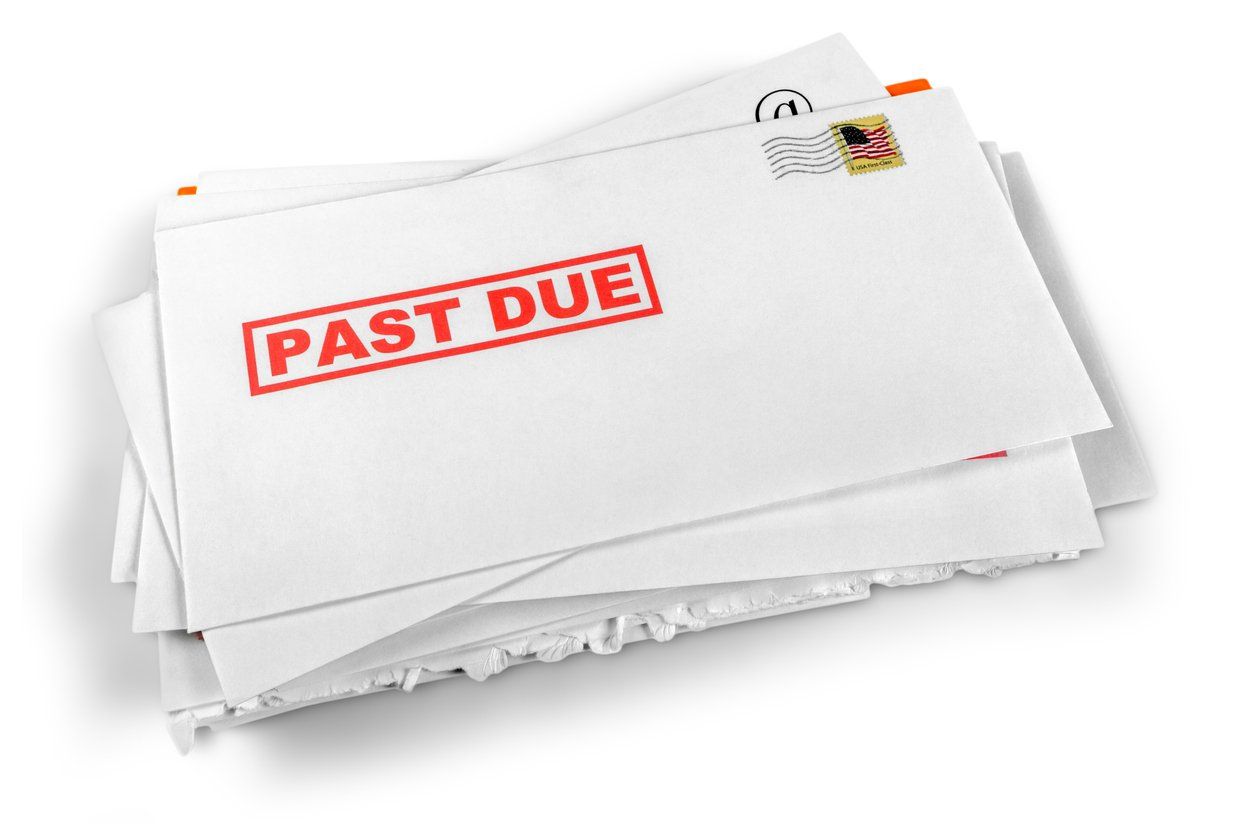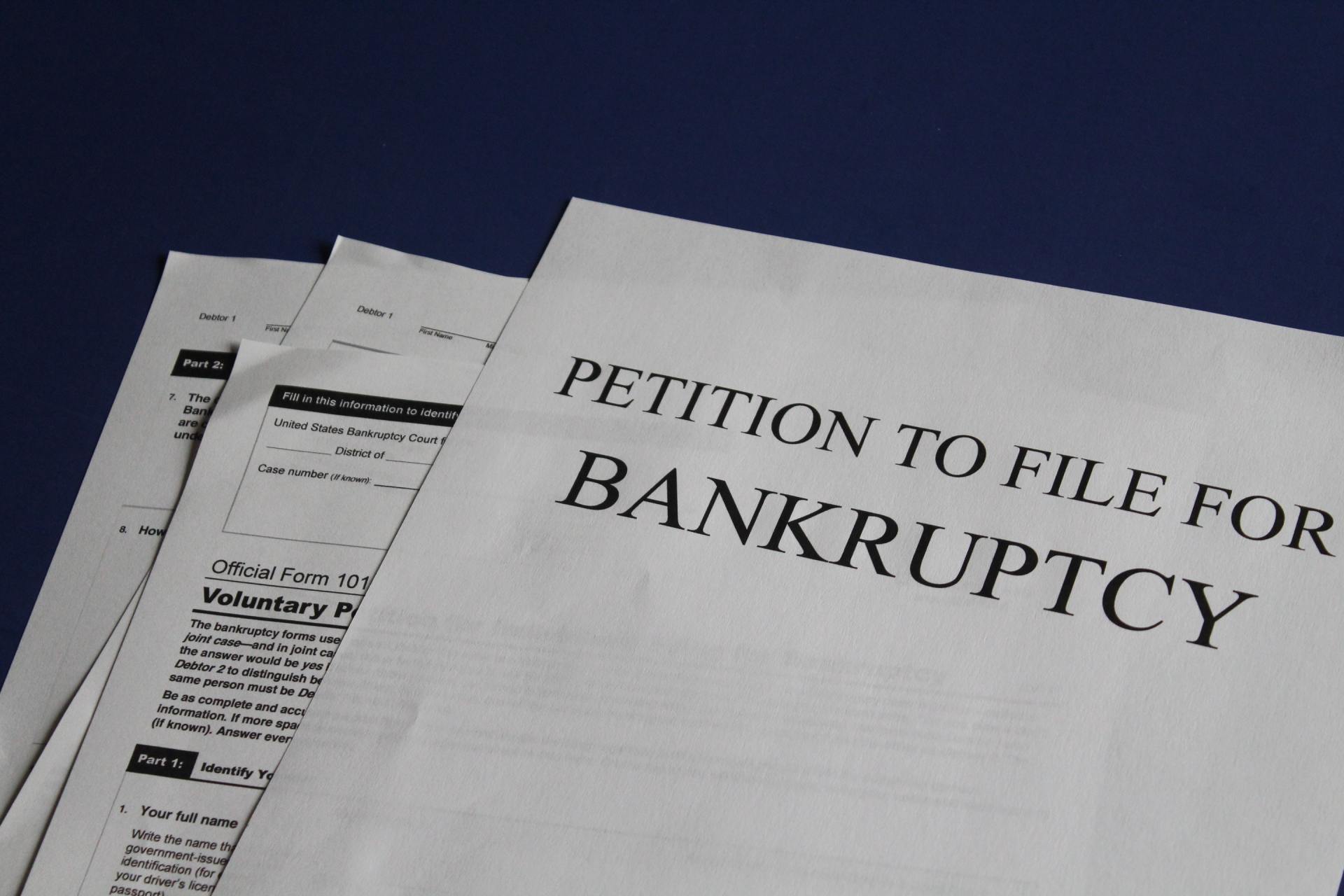Discharging Income Taxes in Bankrupcty
September 23, 2019
Bankruptcy can be a tool to discharge income taxes in some cases.

A lot of people think taxes are never dischargeable but that simply is not true. There are rules you have to comply with so it is imperative to discuss your situation with an experienced bankruptcy attorney to make sure your case is timed and filed properly. If you would like to discuss whether your tax debt is dischargeable please contact me at njtlawdenver@gmail.com or 720-319-7049.
When it comes to federal, state and local income taxes and determining whether they are dischargeable, there are three timing rules a bankruptcy attorney will review first. Your back taxes must comply with all three rules or else they will survive the bankruptcy. Keep in mind, this article only discusses INCOME taxes, if your tax debt not income taxes then different rules apply to your tax debt.
Rule 1: The taxes must have been DUE at least three (3) years prior to the filing of the bankruptcy.
Remember, this rule focuses on the due date. So your 2010 federal taxes would have been due April 15, 2011. So add three years and you would need to file no earlier than April 16, 2014. However, that was an over-simplification of the rule. You must review the specifics of each case. For instance, if an extension was filed, then the taxes would have been due on October 15, 2011. Additionally, in some years taxes are actually due on April 16 or April 17 depending on what day of the week Apirl 15 was.
Rule 2: The taxes must have been FILED at least two (2) years prior to the filing of the bankruptcy.
I will sometimes have clients in my office who should have dischargeable taxes but they had failed to file the tax return. So make sure to file your taxes. Also, this is something to review with your bankruptcy attorney if your tax debt is significant so you may have the opportunity to file your taxes to meet this timing requirement.
Also, your taxes are not filed if the IRS or other taxing agency files a return on your behalf.
Rule 3: The taxes must have been ASSESSED at least 240 days prior to the filing of the bankruptcy.
This is another rule that will sometimes trip people up. Generally, the tax authority will assess your tax liability shortly after you file your taxes. However, sometimes an event will happen causing the tax authority to reassess your taxes. Such as when you file an amendment, dispute your liability, or other new information is found.
In some cases the above timing can be extended.
The above rules are simply the first analysis a bankruptcy attorney will make. Having an experienced and knowledgeable bankruptcy attorney can benefit you greatly if your case happens to deviate from the first quick analysis. Some events extend the time-lines. Examples of such events include prior bankruptcy filings, attempting or doing an offer and compromise, or obtaining a taxpayer assistance order.
If you have committed tax evasion or fraud the tax authority may use another exception to discharge to prevent you from discharging the tax debt.
If you have are concerned this may apply to you, it is still worth consulting with a bankruptcy attorney because the standards of fraud to determine dischargeability in the bankruptcy context may afford you an opportunity to discharge the taxes. Additionally, there may be another option, such as chapter 13 to assist you in handling your tax debt.
If a tax lien has been filed the above rules still apply BUT there is also a security interest you must account for in the bankruptcy filing. The tax lien will survive the bankruptcy filing. In some cases a tax lien may be dealt with in the bankruptcy filing.
Denver Bankruptcy Law Office Nathaniel Thompson

If you are planning to file for chapter 7 bankruptcy, you will want to know what happens to various property in such a filing. And if you live in the Denver area, we highly advice you consult a Denver bankruptcy attorney, especially if you wish to retain or sell property through your bankruptcy filing.

A primary goal of a lot of clients is to rebuild their credit. A good Colorado bankruptcy attorney can assist you with this process. Often the first step to rebuilding something is to first demolish what is already there. A bankruptcy will accomplish that task and then it must serve as the foundation on which to rebuild your credit. So, how do you go about rebuilding your credit into something strong?

When people think bankruptcy, they usually immediately think the bankruptcy court is going to take and sell all their stuff. While the most basic way of explaining chapter 7 bankruptcy is that the bankruptcy court sells your assets and in exchange of you putting yourself through that process you get a discharge of your debts, it is a bit more complex than that. So, it is highly recommended that you contact a Denver bankruptcy attorney before filing.

Exemptions in bankruptcy are the statutes determining which property you are permitted to keep and which property is to benefit the creditors. Because property rights are generally an issue the federal government reserves to the states, Congress decided that the bankruptcy code should permit each state to determine the exemptions to be used by residents of the respective state. If you live in the Denver Colorado area, we highly advice you consult a Denver bankruptcy attorney before filing.





